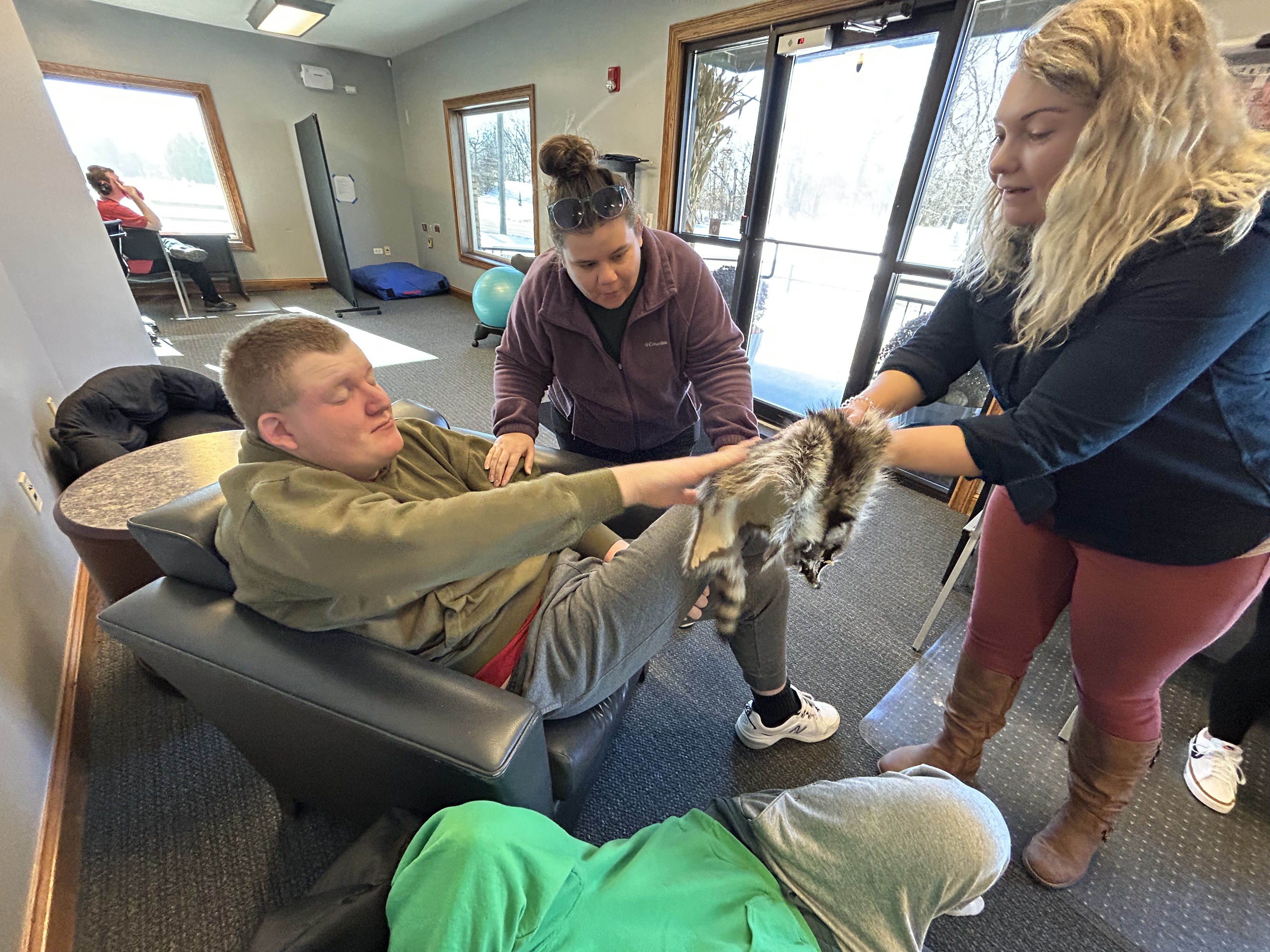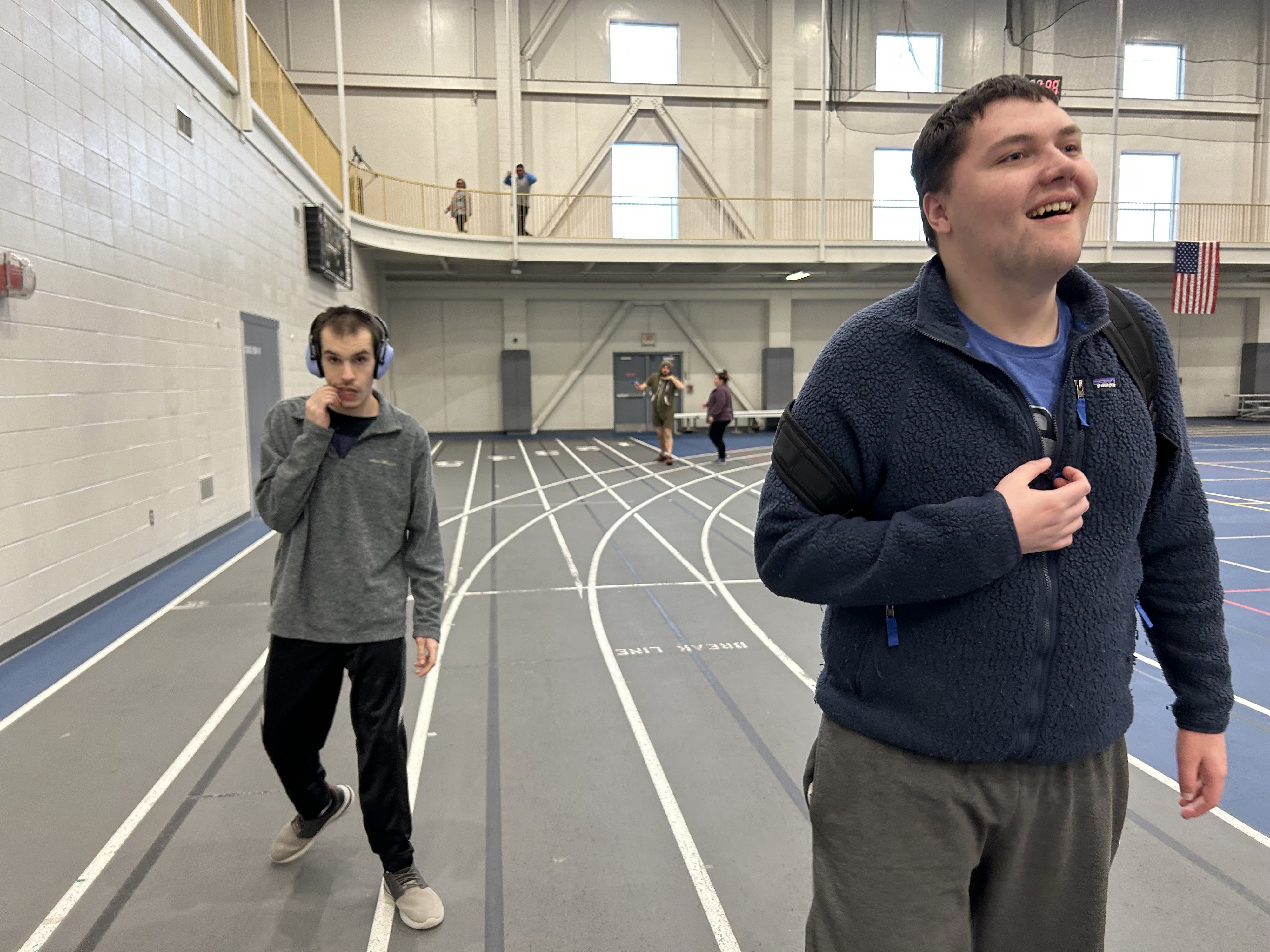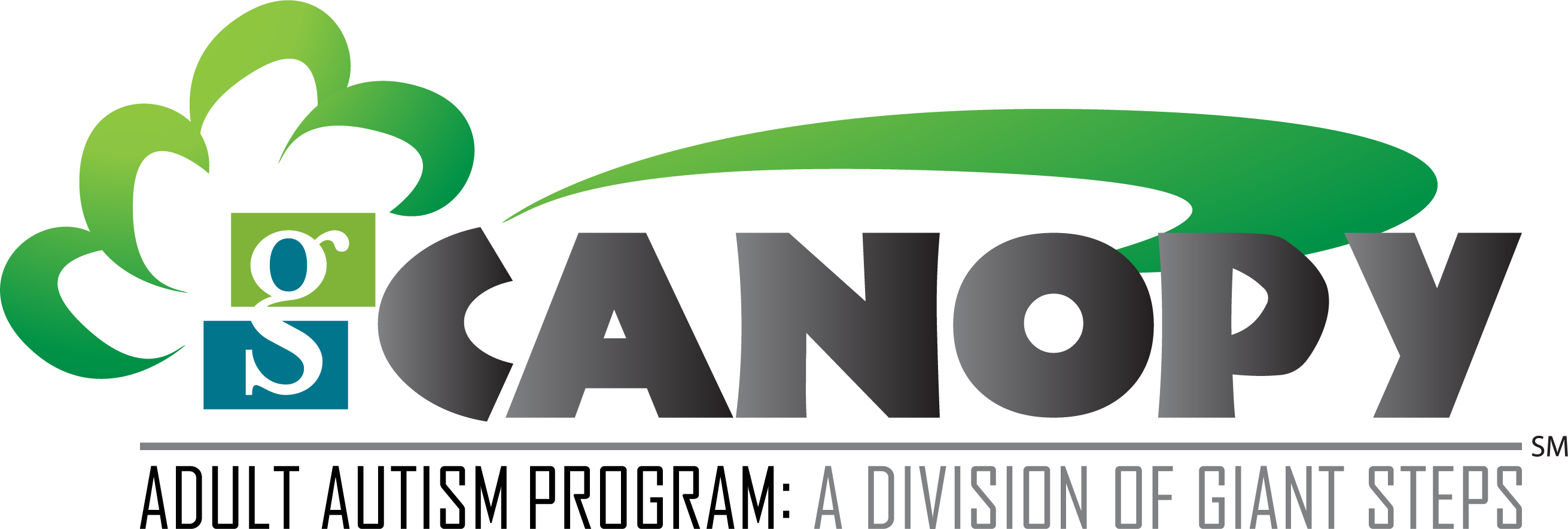Art / Leisure / Physical Endurance
By mastering these art and leisure skills, autistic adults can enhance their creativity, socialization, relaxation, and overall quality of life. Access to supportive environments, adaptive programs, and resources that accommodate individual preferences and sensory sensitivities is essential for facilitating skill development and enjoyment in art and leisure activities.
Art: Life Skills
- Creative Expression: Exploring different artistic mediums, such as painting, drawing, music, or sculpture, provides opportunities for self-expression and creativity.
- Fine Motor Skills: Developing fine motor skills through drawing, coloring, or crafting enhances dexterity and coordination.
- Social Skills in Group Activities: Participating in group art or leisure activities fosters social interaction, teamwork, and peer collaboration.
- Sensory Regulation: Engaging in calming leisure activities, such as listening to music, practicing mindfulness, or sensory-friendly activities, promotes relaxation and sensory regulation.
- Stress Management: Learning leisure activities that help manage stress and anxiety, such as yoga, meditation, or gardening, promotes emotional well-being and self-care.
- Recreational Skills: Learning recreational activities, such as sports, swimming, hiking, or biking, supports physical health and fitness while providing opportunities for socialization and enjoyment.
- Cultural Engagement: Participating in cultural events, visiting museums, attending concerts, or exploring different cuisines enhances cultural awareness and appreciation.
- Independent Leisure Pursuits: Developing interests and hobbies that can be pursued independently, such as reading, gaming, photography, or gardening, promotes autonomy and enjoyment in free time.

Art: Functional Skills
Engaging in art skills allows autistic adults to explore creativity, develop fine motor skills, enhance self-expression, and feel accomplished.
- Drawing and Sketching: Developing basic drawing skills, such as line work, shading, and perspective, provides a foundation for artistic expression.
- Painting: Learning different painting techniques, such as watercolor, acrylic, or oil painting, allows individuals to explore color theory and texture in their artwork.
- Collage Making: Using various materials, such as paper, fabric, or found objects, to create collages fosters creativity and allows for experimentation with composition and texture.
- Mixed Media Art: Combining different artistic mediums, such as paint, collage, drawing, and found objects, allows for diverse and unique forms of artistic expression.
- Digital Art: Exploring digital art software and tools, such as digital drawing tablets or graphic design programs, offers new avenues for creativity and expression.
- Photography: Learning photography techniques using a digital camera or an iPhone to express their perspectives through images.
- Art Therapy Techniques: Participating in art therapy activities, such as guided imagery, mandala drawing, or journaling, promotes self-expression, reflection, and emotional processing.
Engaging in art skills allows autistic adults to explore creativity, develop fine motor skills, enhance self-expression, and feel accomplished. Providing a supportive and inclusive environment accommodating individual preferences, sensory sensitivities, and communication styles is crucial during art programs.
Leisure Skills
Autistic adults can benefit from learning a variety of leisure skills tailored to their interests and preferences. Some leisure skills that may be particularly beneficial include:
- Outdoor Activities: Engaging in outdoor activities such as hiking, camping, or nature walks can promote physical health, sensory regulation, and appreciation of the natural environment.
- Gardening: Learning gardening skills, such as planting, watering, and caring for plants, provides a therapeutic and rewarding leisure activity that promotes relaxation and sensory stimulation.
- Cooking and Baking: Acquiring cooking and baking skills enables individuals to prepare healthy and delicious meals, develop independence, and foster creativity in the kitchen.
- Music: Exploring music through playing instruments, singing, or listening to music can provide emotional expression, sensory regulation, and opportunities for socialization and connection with others.
- Art and Crafting: Participating in art and crafting activities, such as drawing, painting, knitting, or crafting, fosters creativity, self-expression, and fine motor skills development.
- Physical Fitness: Engaging in physical fitness activities, such as yoga, swimming, dancing, or martial arts, promotes physical health, sensory regulation, and stress management.
- Gaming: Playing video games or board games offers opportunities for entertainment, socialization, and skill development, such as problem-solving.
- Mindfulness and Meditation: Practicing mindfulness and meditation techniques promotes relaxation, stress reduction, and emotional well-being, fostering a sense of calm and inner peace.
- Community Engagement: Participating in community-based leisure activities, such as volunteering, attending cultural events, or joining clubs or interest groups, provides opportunities for social interaction, connection, and belonging within the community.
By learning and engaging in leisure skills that match their interests, autistic adults can boost their quality of life, foster well-being, and find fulfillment in their free time. Providing a supportive and inclusive environment that caters to individual needs, preferences, and sensory sensitivities is crucial for facilitating these activities.
Physical Endurance
The physical endurance activities that autistic adults may benefit from participating in can vary based on individual interests, preferences, and physical abilities. Here are a few activities included in Canopy’s program:
- Walking: Engaging in regular walking sessions can improve cardiovascular health, endurance, and overall fitness levels. It's a low-impact activity that can be easily adapted to individual fitness levels.
- Swimming: Swimming is a full-body workout that provides cardiovascular benefits while being gentle on the joints. It also offers sensory input and can be a calming and enjoyable activity for many autistic individuals.
- Cycling: Riding a bike is a great way to build endurance, improve cardiovascular health, and strengthen leg muscles. It can be done outdoors or on a stationary bike indoors, depending on individual preferences and accessibility.
- Dance: Participating in dance classes or dance-based workouts can improve cardiovascular fitness, coordination, and flexibility. It's a fun and expressive way to engage in physical activity.
- Hiking: Exploring nature through hiking offers both physical and mental health benefits. It improves cardiovascular fitness, endurance, and strength while providing opportunities for sensory stimulation and connection with the natural environment.
- Yoga: Engaging in yoga practice promotes physical strength, flexibility, balance, and relaxation. It also provides opportunities for mindfulness and stress reduction, which can benefit overall well-being.

Ultimately, the best physical endurance activities for an autistic adult are those that match their interests, preferences, and abilities. Offering choices, support, and encouragement is crucial to foster engagement and enjoyment in physical activity. Additionally, considering sensory sensitivities and providing necessary accommodations can enhance participation and overall well-being.
 Donate
Donate 
